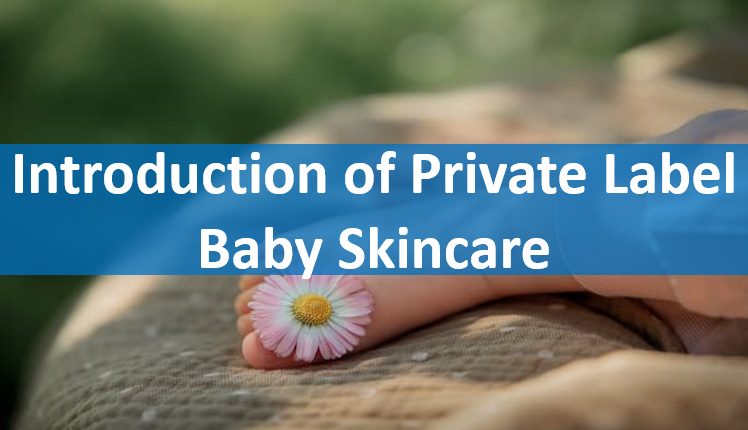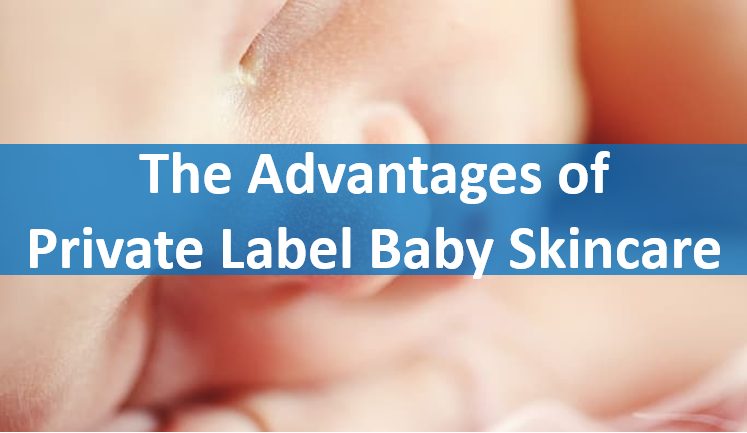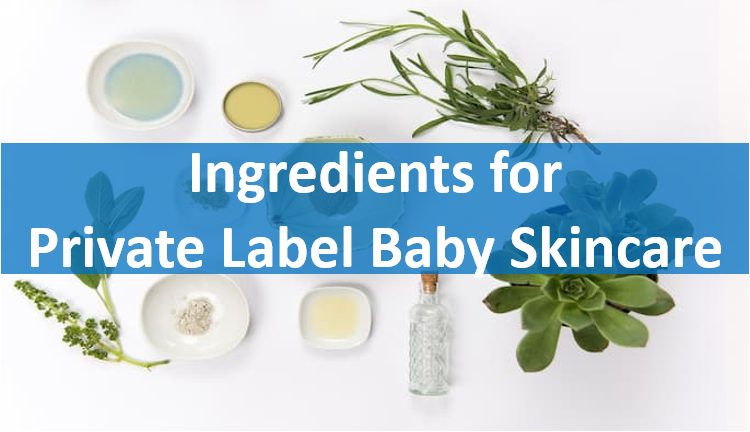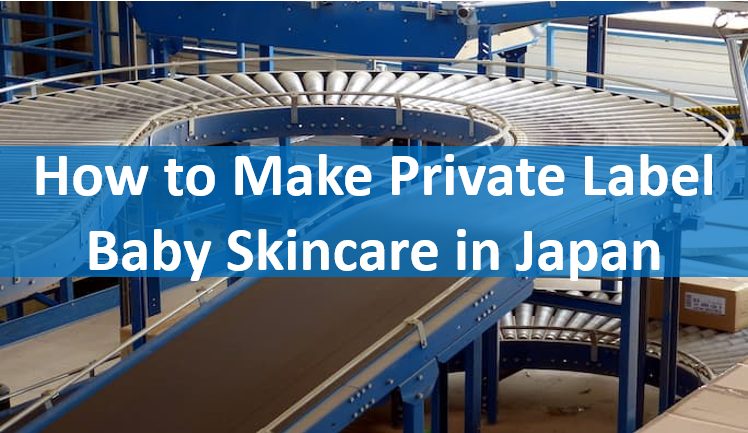
- HOME
- Cosmetic OEM Lab
I want to make private label liquid collegen in Japan..
How to make private label baby skincare in japan
The Advantages of private label Baby Skincare in Japan
In recent years, not only food but also various products for babies have become available. Babies have much more sensitive skin compared to adults, so gentle formulations specifically for babies are essential. In this article, we will introduce the importance of creating private label baby products and recommended ingredients. By knowing this information, you will be able to make your products stand out even more among the various products available.
Contents

The baby skincare market presents an intriguing opportunity for brands to engage with a specialized demographic that demands thoughtful and tailored product offerings. The delicate nature of infant skin differentiates it significantly from adult skin, necessitating a specialized skincare regimen. As the industry grows, understanding these unique characteristics becomes crucial for brands considering a foray into this sector.
Infant skin is not only thinner but also more permeable than that of adults, making it highly sensitive and susceptible to environmental irritants. This heightened sensitivity means that baby skin is less capable of fending off bacteria and harmful substances, which could lead to infections or skin damage.
Compared to adult skin, baby skin displays significant structural and functional differences. It has a higher pH and a reduced capacity to retain moisture, contributing to a tendency towards dryness and irritation. Additionally, the immature barrier function of baby skin means it is more prone to reactions from allergens and irritants, necessitating a careful selection of hypoallergenic and soothing ingredients in skincare products. This segment further elaborates on these differences and their implications for skincare formulation.
Effective infant skin care transcends beyond simple cleansing. It encompasses a regimen that promotes hydration, protection from harsh environmental elements, and the usage of fabrics and products that maintain the integrity of the skin’s natural barrier.
The rising demand for safe, natural, and effective baby skincare products is driven by increasingly knowledgeable parents who are aware of the potential adverse effects of synthetic chemicals. This trend has created a growing market for brands that are able to develop and promote baby skincare products that are both effective and trustworthy. This segment discusses the potential benefits for brands entering this market, including enhanced brand loyalty and consumer trust.

Private label baby skincare provides numerous benefits for brands aiming to carve out a niche in this specialized market. From enhancing brand identity to improving profitability, the advantages of private labeling are manifold.
Private label options afford brands the opportunity to develop unique formulations tailored to meet specific market demands and preferences. This customization facilitates the creation of a distinctive brand identity that can resonate deeply with targeted demographics. This part of the article explores how brands can leverage customization in ingredients, scents, and packaging to forge a compelling and recognizable brand presence.
Direct control over the production process is crucial in the baby skincare market, where product safety and ingredient transparency are paramount. By overseeing production, brands can ensure adherence to high-quality standards and regulatory compliance, which are essential for maintaining consumer trust and loyalty. This segment details the importance of production control in establishing and sustaining high product quality.
Engaging in private label manufacturing can be significantly more cost-effective than outsourcing production to third-party manufacturers. This approach not only eliminates intermediary costs but also enhances control over production expenses and pricing strategies. Here, we examine how private labeling can lead to better cost management, allowing brands to offer premium products at competitive prices.
Private label brands benefit from the agility to quickly adapt to changing market trends and consumer preferences. The shorter and more controlled development cycles associated with private labeling enable brands to introduce new products more swiftly than their competitors. This part of the article discusses how such flexibility can be a strategic advantage in the dynamic baby product market.
Parents are particularly cautious about the products they choose for their children, often preferring brands that they trust. Private label brands that consistently deliver safe, high-quality products can cultivate a loyal customer base.
The ability to offer exclusive products that cannot be found elsewhere can serve as a powerful differentiating factor for private label brands. This exclusivity not only attracts discerning consumers but also sets the brand apart in a crowded market. This segment explores how exclusivity can be leveraged as a key marketing strategy in the private label baby skincare industry.
Private labeling offers brands the flexibility to modify and expand their product lines based on consumer feedback and market data. This adaptability is crucial for maintaining relevance and competitiveness in a market characterized by rapidly changing consumer needs. This part of the article discusses how brands can use this flexibility to continuously improve and innovate their product offerings.

The selection of ingredients is pivotal in the development of baby skincare products. Ingredients must be safe, gentle, and endowed with properties that support the health and well-being of baby skin.
Known for its soothing properties, calendula is a popular choice for baby products as it helps reduce inflammation and promotes healing of the skin.
Shea butter is excellent for baby’s sensitive skin due to its rich moisturizing benefits and its ability to soothe irritation.
Coconut oil is famed for its hydrating properties and is gentle enough for use on baby’s delicate skin. It also has antimicrobial properties, making it ideal for preventing diaper rash.
Chamomile is another gentle ingredient known for its soothing effects and is particularly good for babies with sensitive or inflamed skin.
Olive oil is a deeply nourishing moisturizer that also acts as a protective barrier on the baby’s skin, preventing dryness and irritation.
Blueberry leaves contain antioxidants and vitamins that can help protect the skin from oxidative damage and soothe irritation.
Oatmeal is well-regarded for its soothing and anti-inflammatory properties, making it an ideal ingredient for baby baths and lotions.
Rich in vitamins and essential fatty acids, avocado oil is highly moisturizing and helps to maintain the softness and health of baby’s skin.

Japan has specific requirements and high standards for baby skincare products, which include the use of natural and organic ingredients and adherence to international safety standards.
It is essential to formulate products with the unique characteristics of baby skin in mind, ensuring they are ultra-gentle and free from harsh chemicals. This part of the article emphasizes the importance of developing products that are specifically tailored to meet the needs of infants.
Adhering to international standards is critical for ensuring the safety and effectiveness of baby skincare products. This segment explores the key regulations and standards that brands must understand and comply with when operating in the global baby skincare market.
The preference for natural and organic ingredients is particularly strong among Japanese consumers, who often seek out products that are free from synthetic additives.
Ensuring that baby skincare products are free from allergens, parabens, artificial colours, and fragrances is crucial for minimizing the risk of allergic reactions and skin irritation. This part of the article details the importance of selecting safe and gentle ingredients that uphold the highest standards of quality and safety.

Launching a private label baby skincare brand offers a promising avenue for businesses to tap into a growing market that values safety, natural ingredients, and product efficacy. By focusing on gentle, beneficial ingredients and adhering to strict quality and safety standards, brands can establish a reputable presence in this niche market. This approach not only meets the stringent demands of discerning parents but also provides the foundation for building a loyal customer base that values trust and quality in baby care products.
Inquiry
For further information, please contact us.